You Say Tomayto, I Say Tomahto
SAN RAFAEL, ARGENTINA: November 30-December 15
Steve: After a
round of goodbyes with our American girls, we skipped a taxi ride in favor of
saving cash and hoofed it across Mendoza to our next Workaway gig. We are quite stubborn when it comes
to saving money in a country like Argentina. A quick and eventless three-hour
bus ride later and we found ourselves in the quiet town of San Rafael, the de
facto capital of the central Mendoza province—many ways like Mendoza just on a
smaller and more manageable scale.
Leah: It’s also
host to the Mumm champagne label, which has an exclusive contract with Formula
1 for supplying their award ceremonies, in addition to a range of expats who
are trying their hand at vineyards and fincas. In fact, we met a spoiled and
crass 19-yr-old native Californian, Matt, who’s down here managing his family’s
vineyard as they work on releasing a new wine-based product he couldn’t
disclose (Steve: my B.S. meter was
going off the charts; Johnny our host confirmed my suspicions weren't unfounded). They have
contracts with Trader Joes and the LA Staples Center and Matt said there’s
never been anything like it on the market and we’ll know it when it hits. Given
that his dad used to be VP with Red Bull, we’re guessing some sort of energy
drink/wine hybrid, so keep your eyes and palates peeled and let us know when
you find it!
Steve: At this
point we had only made e-mail contact with our new host and had yet to speak
with him via phone. We found a telephone cabina
and tried and failed several times to connect. We began to get a little worried
but after a fourth try I succeeded; our host Johnny answered and through his
accented English I understood that he had forgotten about our arrival and was
in the middle of watering tomatoes. He showed up where we were waiting a half
an hour later, flustered yet affable…this first impression would prove itself
true soon enough.
During our ride out of central San Rafael and into the
outlaying rural suburbs where Johnny’s farm lay, we found out that our host was
in fact a native Zimbabwean who decided to give Latin America a try eight years
ago. He came to Buenos Aires and putzed around for a year or so and since then
came to San Rafael, met his wife Claudia (a local architect with whom he also
has a design/build contracting business) and bought and started the tomato farm
that we would call home for the next several weeks. In short time we would find
out that Johnny’s life experiences and skills are about as varied as it can
get.
Upon arriving to the farm (Mendihill Estates if you will) we
were greeted by a cadre of dogs barking around the truck, as well as the shrill
bray of Jenny the Donkey who was tied up near the house. First there was Lassie
the collie (of course); Brown Dog, a smallish, timid yet friendly—you guessed
it—brown dog; Husky (pronounced “uh-ski” since the “h” is silent in Spanish),
the large, handsome, tri-color son of Lassie who was trained to jump into the
bed of Johnny’s truck upon the command of “beer”; and then there was Pepe, the slightly
older and always jealous black lab mix who Johnny warned me not to touch since
he was known to bite (he had actually bitten Johnny several weeks prior and
before we left he would get a taste of my hand too). There were multiple cats
around the house as well, but we’re dog people so I won’t enumerate on them
(sorry). We soon met the two resident horses as well as the five llamas—don’t
worry all animals were kept as pets. The only carnage to be had was the copious
amounts of beef that would be consumed during our stay. More on that soon.
Leah: On one memorable morning we woke up to a galloping stampede on the other side of the wall from our bed---the horses, donkey and llamas had busted through the gate and were now foraging freely on the flowers and plum tree in the front yard. Dressing speedily, we had the interesting task of funneling them all back into the pasture. On other occasions we also had to get sweet but mischievous Jenny out of the alfalfa area she somehow managed to trespass into. Oh, critters…
Leah: On one memorable morning we woke up to a galloping stampede on the other side of the wall from our bed---the horses, donkey and llamas had busted through the gate and were now foraging freely on the flowers and plum tree in the front yard. Dressing speedily, we had the interesting task of funneling them all back into the pasture. On other occasions we also had to get sweet but mischievous Jenny out of the alfalfa area she somehow managed to trespass into. Oh, critters…
Steve: Our tasks each day were rather varied but the daily duties
always included two staples: feeding and watering the animals (the donkey,
horses and llamas got breakfast and dinner of hearty alfalfa) and watering the
tomatoes in the nursery. We quickly found out that Johnny was an incredibly
busy guy, always on the go and seemingly a couple of steps behind where he
needed to be, but he was always genial about giving us leeway on when we had to
be up and when things had to be done. That said we got into a routine of being
up by 7:30ish and work was done when it was finished (which was in a way
never). Our first days were spent
running drip line for the first hectare of tomatoes that would be planted
during our stay; this was a fairly simple task and we quickly became efficient
at pulling the dripline down each row and cutting and assembling the dripline
to the valves.
The real fun came when it was time to plant the first
hectare of tomatoes. In previous years and on all other local farms the tomato
plugs are planted by hand. It’s just how things are done. However Johnny is not
a native Argentine and is always looking for ways to improve. First off,
everyone flood irrigates. It’s exactly what it sounds like: since everyone gets
their irrigation water via canals that run throughout the municipality, most
have adopted the simple system of dams (tires and rubbish typically serve the
purpose) to distribute the water over their land to the crops that need it. Not
an incredibly efficient or water-saving venture but it’s been the modus
operandi for generations. Not to be outdone, Johnny had installed a pileta (a reservoir) to temporarily
store his irrigation water where it could then be distributed by the pump that
he designed, installed and built (I forgot to mention that Johnny was trained
as an electrical/mechanical engineer when he was younger, working as a managing
director for a firm that installed everything from pump stations to diamond
processing plants…oh, and he also flew helicopters and airplanes and worked in
Papua New Guinea as a mechanic…the list goes on). Drip irrigation is unheard of
in this region and many doubt that it will work (the landscaper in me knows
that it’s going to work out just fine).
Back to the tomatoes—so Johnny had envisioned and welded
together a prototype contraption that would hook onto the back of his tractor
and allow someone to sit and plant as they rode along. The Frankenstein
contraption was part bicycle and part scrap metal, but alas it worked. As I sat
in the padded seat for the maiden voyage I started popping in the tomatoes as
the tractor pulled us along; the front wheel of the tomato-planter had plugs so
that holes at the proper depth were made in the ground right in front of me,
giving me seconds to plant each tomato before the next hole appeared. Leah and
I traded off every so often, taking turns running out additional plants, making
minor irrigation repairs and planting any holes that we may have missed. (Leah: check out Steve planting away in
THIS VIDEO) In all we finished planting the first hectare within two days (Mr.
Lyons, for the record it took 7 minutes to plant each row of approximately 220
tomatoes, bringing us to over 625 plugs planted per man-hour…pretty impressive
if I do say so myself).
Other days on the farm found us pipefitting and preparing
for the next hectare’s tomatoes (Leah was a pro at this…I think she might have
a future at ValleyCrest), reinstalling the Tela covering used as protection
from hail for the crops (the most pain-in-the-butt job I may have ever had…my
hands still hurt), and packaging and labeling tomatoes for sale. I failed to
mention that although Johnny and Claudia do sell some fresh tomatoes, their
main focus is on gourmet sundried tomatoes, sold both bagged as well as jarred
in oil with rosemary. Of course Johnny has many other ideas up his sleeves for
production and marketing but I am held by a blood oath and/or copyright laws
from divulging any secrets. But I will mention that we helped a bit in one of
his new hobbies which is the production of apricot cognac made from the spoils
of another local farm. Not to be sold, only for personal enjoyment by friends
and family. It’s all about who you know…
One of the most endearing and memorable aspects of our stay
made an appearance on the Sunday after our arrival. I could hear some squeals
and yips as I was coming back out from running and monitoring the tomato
irrigation but I thought nothing of it. As I got back to the homestead where
Johnny was welding or tinkering with something I looked towards the front gate
to find a pair of heads skittishly popping up over a flower planter. Johnny
then asked if I wanted some hand luggage…apparently someone had abandoned a
brother and sister pair of pups, probably knowing that Johnny had a bunch of
dogs and wouldn’t have the heart to let them starve. At this point I didn’t
know Johnny well enough so I didn’t know what he would do, but it became quite
apparent that this rough and rugged guy has a soft spot for all creatures big
and small (I still wonder if it had something to do with his time in the
Rhodesian war which we found out through other sources is chronicled in a book
called A Walk Against The Stream). We quickly found ourselves falling in love with these yippy little dogs who
doubled in size when they ate and ran crying anytime one of the older dogs
played too rough or scared them.
Johnny named the boy
Meatloaf—which would be apt if only due to his appetite—because of his bat ears
(a witty reference to Meatloaf’s album Bat
Out of Hell for those that didn’t pick up on it). After much indecision,
Leah named his sister Duende which is Spanish for “elf” or “sprite”. (Leah:
because she was! She’s tinier than her brother and always managed to
sneak her way into the kitchen to eat the cat food like an invisible magic
creature…it fit). The two furballs spent most of their time tumbling around the
yard, wrestling and pretty much biting each other’s faces off, AS THIS VIDEO SHOWS. When not doing this they were crawling into our laps and falling asleep,
comfortable in the knowledge that they were now in a safe place. Even after
they fell into the habit of barking at the horses and llamas during the middle
of the night we were glad to open the door to our room in the morning and find
them waiting excitedly for our return. If things were different these two would
be coming home with us. (Leah: we
agreed that Ming had a hand in sending us some puppies to love on for a few
weeks, but it ripped our hearts out to leave them and I had to keep reminding
Steve that we couldn’t bring them back to the US just to have someone else watch
them while we continue traveling).
During our stay I can’t say that we lost any weight. Rather,
on a steady diet of meat, bread and beer anyone would pack on a few pounds. (Leah: Steve can speak for himself on
this one! I only ate tiny portions of meat, instead scarfing anything
resembling a fruit or vegetable when I had the chance, in addition to not
touching beer. My clothes are still as loose as when I arrived!) Luckily we
probably worked harder than we have on any of our previous WorkAways. That said
I feel like I earned and deserved the beer that Johnny pretty much treated me
to almost nightly (don’t worry, Leah was succored with some boxed wine on more
than one occasion). As per the food, I don’t know what we could have done to
deserve the good eats. We had a stew with osobuco,
beef shinbone in which the marrow is enjoyed spread on bread—it’s like butter,
seriously. A couple of times Johnny fired up the wood oven which he of course
made himself. We had a stuffed roast chicken that was marinated in soy sauce
and stuffed with onions, sundried tomatoes and pineapple. Delicious. However my
personal favorite was on the night before we left when Johnny grilled up a
massive slab of matambre which is a
deliciously fatty cut of beef belly meat that runs from the chest to the flank.
Even Leah went back for seconds of this carnage and didn’t cut off (much) fat
as she typically would do.
After two weeks of hard work, heavy eating and animal
husbandry it was time for us to continue our adventures elsewhere. We lucked
out in finding that Johnny needed to go halfway across the country to
distribute/market/pitch his product in Rafaela so we were going to able to save
some cash (Leah: as in hundreds of
dollars!) by hitching a ride. How the rest of Argentina is going to treat us we
do not know but San Rafael treated us well. Another town down and another place
I hope to visit again one day.
Leah: San Rafael
will always stay burned in my brain. Not only for the back-breaking work,
knowledge shared, squirming puppies and our mad scientist inventor of a host,
but for the events that transpired while we were there. Johnny loved having the
BBC on 24/7 and as a result we were more up to speed on news than we’ve been on
the trip so far—Kate Middleton’s pregnancy and the prank call gone wrong, the
US decision to back the Syrian rebels, the UN recognition of Palestine as a
sovereign state and the absolutely horrific killings at Sandy Hook Elementary in
Connecticut. It’s also where I heard from family about a marriage proposal and
multiple pregnancies, as well as the location of a Peace Corps placement for a
dear friend back in San Diego. Every time I reflect on these events and
milestones my mind will always conjure the dry, baking heat of the tomato farm,
Johnny and Claudia’s hospitality (even gifting me beautiful hair clips and a fabric and leather purse on the evening before our departure) and the animals we loved so much.
CLICK HERE FOR PICTURES

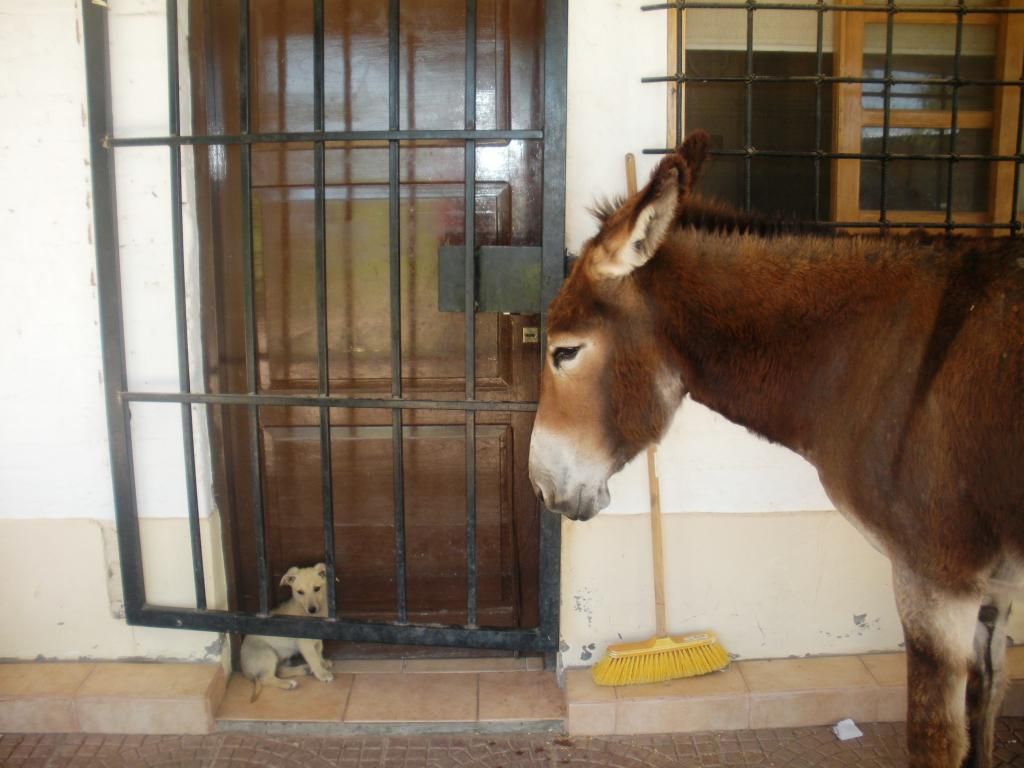
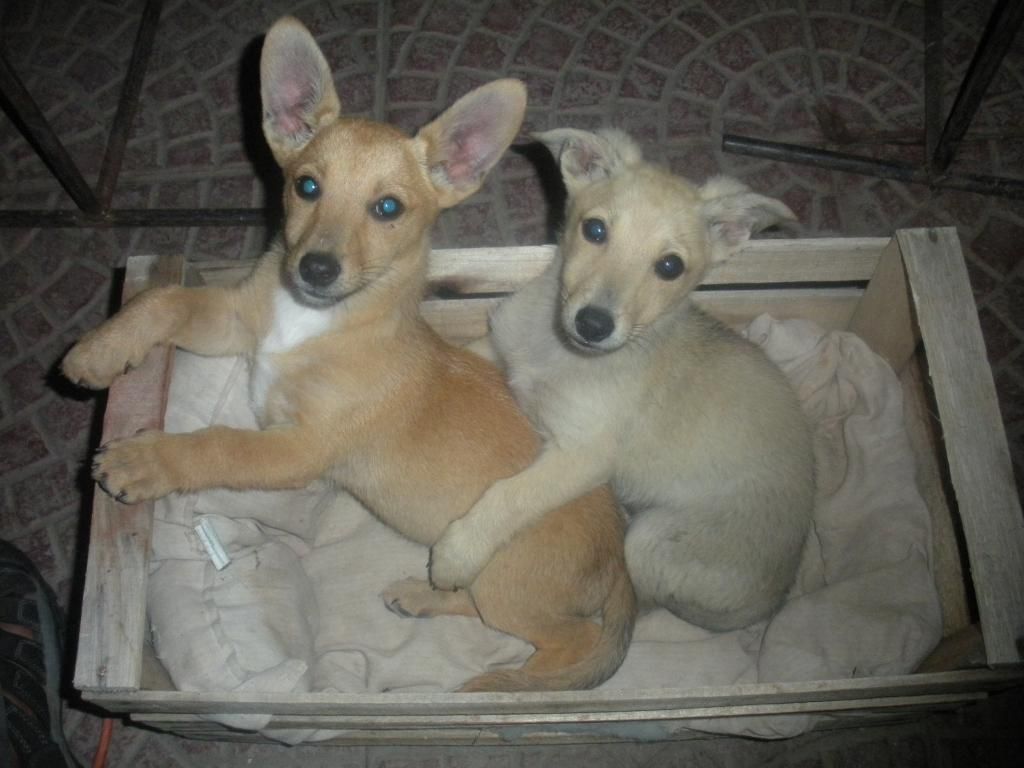
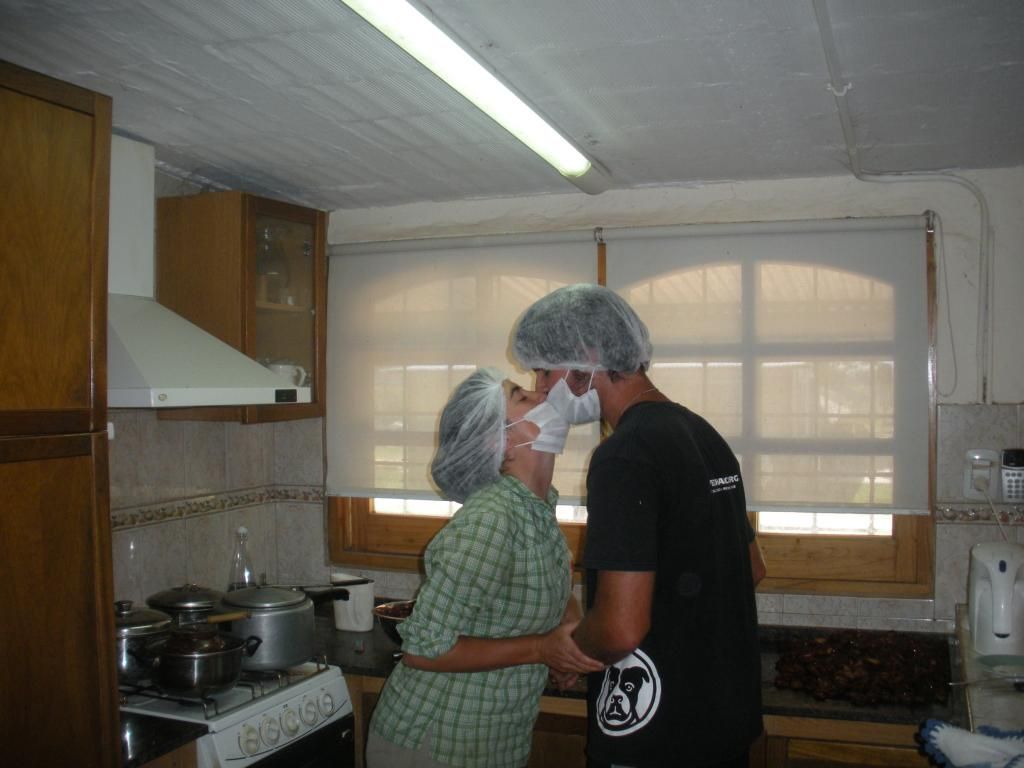
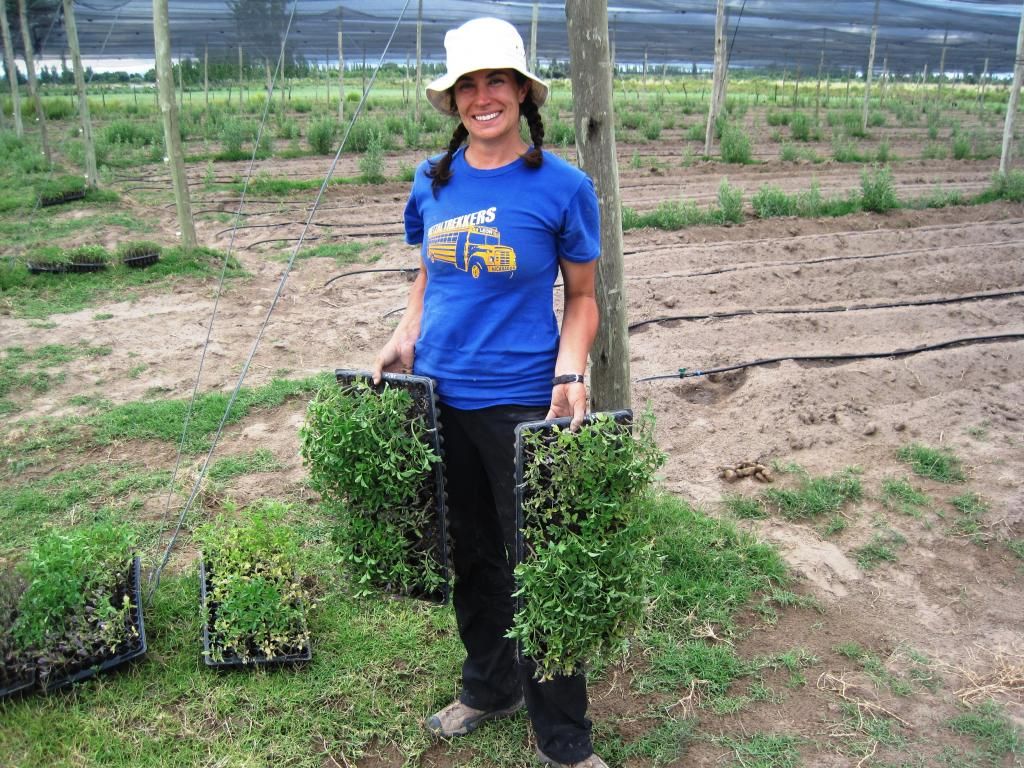
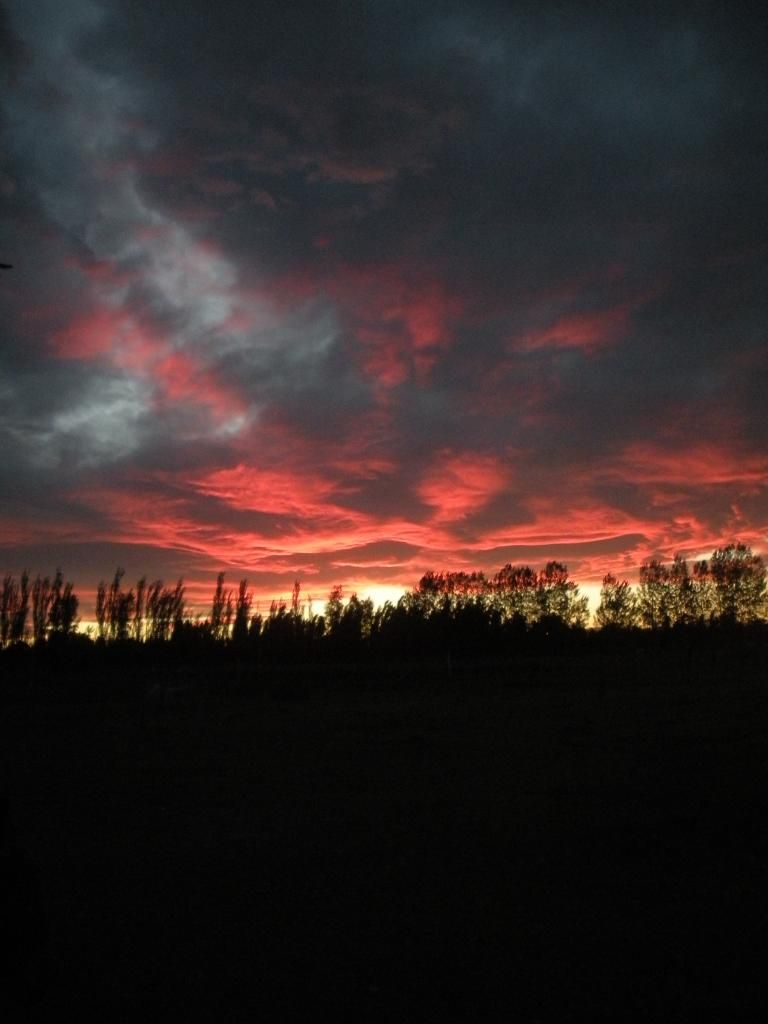
Comments
Post a Comment